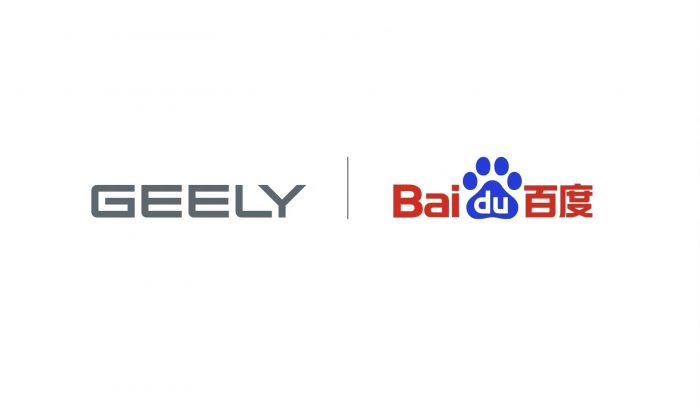- Geely Holding and Baidu to create partnership focused on electric and intelligent vehicles.
- Partnership to utilize Geely Holding’s all-electric Sustainable Experience Architecture.
- Agreement underlines Geely Holding’s transition to transport-technology and new mobility services.
January 11th 2021, Beijing and Hangzhou. Zhejiang Geely Holding Group (Geely Holding), China’s leading privately-owned automotive group, today announced that it intends to establish a new strategic partnership focusing on the development of connected and intelligent electric vehicles with Baidu, the country’s pre-eminent search engine, information-centered internet platform and AI company.
The strategic partnership will focus primarily on the joint research and development and production of intelligent and connected electric vehicles.
The new strategic partnership will make use of Geely Holding’s recently announced pure electric architecture – Sustainable Experience Architecture (SEA) – which is the world’s first open-sourced electric vehicle architecture. The partners will utilize SEA, unveiled in September 2020, due to its leading integration of hardware, software and wider integrational capabilities in next-generation models, reflecting customer preferences and requirements for intelligent electrified vehicles.
Baidu will contribute its strong lead in intelligent driving capabilities and its eight years of experience in the intelligent transportation field to the new partnership. This will equip the new entity with Baidu’s full portfolio of technologies, including Apollo autonomous driving, DuerOS for Apollo, and Baidu Maps, to help drive the new company’s growth.
The formation of the partnership comes as Geely Holding – the parent company of brands including Volvo Cars, Lynk & Co and LEVC, and lead shareholder in Geely Auto, Proton and Lotus – continues its transformation from being a traditional manufacturer into a leading transport-technology company focused on electrified mobility. Geely Holding and its brands have continued to invest in cutting edge technologies such as Internet of Vehicles, intelligent driving, mobility services, vehicle processors and low orbit satellites whilst collaborating with global partners on next-generation mobility ecosystems.
Further details on the program’s development will be released in due course.



